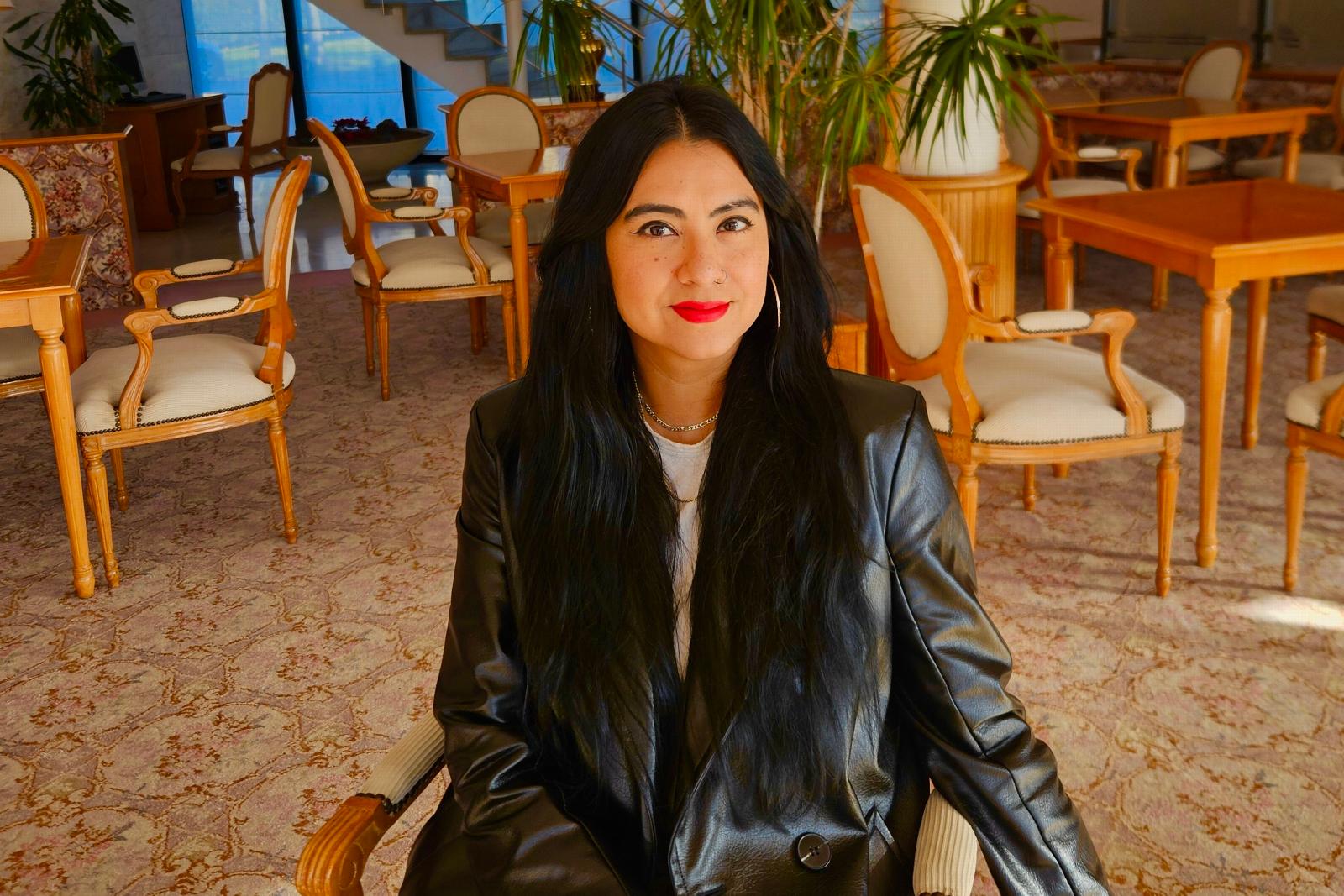Individual residencies / Olot
SONIA MEDEL
From Monday, 15 January 2024 to Monday, 29 January 2024

Bio
Sonia Medel is an interdisciplinary curator, artist, and scholar. She is currently completing a PhD in Society, Culture, and Politics in Education at the University of British Columbia, whilst also working as a lead on diverse artistic and publishing projects, including her first feature length documentary film, an autobiographical fiction book, and co-choreographic works with women dancers in Europe, the US, and Canada. Her short film, From Chile to Canada: Media Herstories, premiered at the 2022 Vancouver International Film Festival. She has been promoting decolonial and intersectional feminist engagement with arts, culture, and education across the Americas for 12+ years. A visibly racialized Indigenous-Afro-European descendant Latina, the child of a Chilean exile father and an immigrant Peruvian mother, Medel is grateful to the Coast Salish peoples and their lands on which she was born and primarily develops her practices.
Project
ENTREfractal: My creative partner, Adriana Contreras (also applying to be a residency candidate) and I, envision using our time at Faber Olot to develop, “ENTREfractal” our Latina feminist curatorial collective, the first of its kind in Canada. It is a project that will be composed of Latina/x (inclusive of Indigenous and Afro-descendant peoples) and employs an explicitly decolonial and intersectional feminist lens and ethics. It is an ambitious artistic, political, and holistic-wellbeing endeavour. The vision and mission is the (re)centering and (re)thinking of Latin American art and artists, through the curatorial leadership of Latina/x women, curator-artists, bringing awareness to the vital importance of the vast experiential-based arts and culture knowledges of Latina/x women such as ourselves. We aim not just to support artists and curate art, but to participate in a decolonial feminist re-imagining and transformation of arts and culture governance practices via dialogues, publications, visual and other productions. Faberllull would give us the first collective chance to delve into, “how does one curar (heal) and curate alongside and with ongoing silences and (in)visible scars? What is responsible curation? What can we learn from and give back to one of the sites of coloniality/autonomy we descendants of Spanish colonization are inextricably linked to, as a part of our healing and process of establishing an ‘as ethical as iteratively possible’ decolonial intersectional feminist collective? Faberllull Olot would be both healing-creative space and proximity for our Brown curatorial selves to complete final critical inquiry and preparations for the public launch of ENTREfractal.
